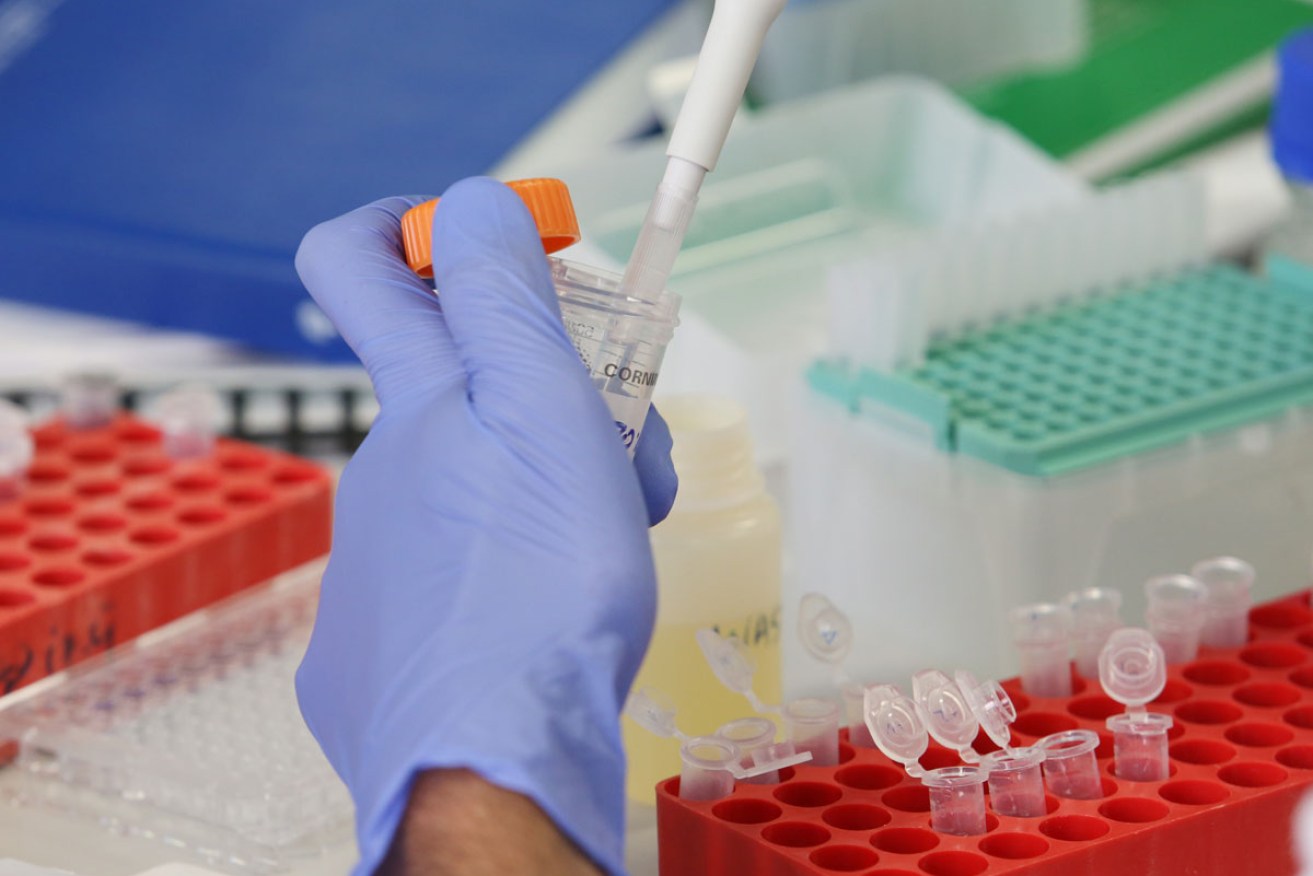Call for more transparent colonoscopy “marketplace”
A South Australian cancer researcher has warned the value of the National Bowel Cancer Screening Program risks “falling down” unless the health sector encourages more competition and transparency among colonoscopy practitioners.

The Federal Government-funded screening program, launched in 2006 and expected to be fully rolled-out by 2020, aims to detect cancer in the bowel early by providing eligible people at age 50 with a free home testing kit.
If tested positive, patients are encouraged to visit their general practitioner, who may refer them to a specialist to undergo more definitive colonoscopy testing.
Around 50,000 colonoscopies are performed in South Australia annually, but South Australian Health & Medical Research Institute fellow Dr Dan Worthley has warned that number is set to increase as the program reaches all eligible recipients.
Worthley said the increased demand would place “significant strain” on Australia’s public health system to provide more efficient and cost-effective procedures.
In a letter published in the Medical Journal of Australia, Worthley and four other interstate researchers argued that there was a growing need for practitioners – both public and private – to publicly release information on their performance, availability and charging rates to improve transparency in the industry.
“From 2020 there will be about four million Australians offered the testing kit in the mail and therefore there will be a large number of Australians coming along for colonoscopies that up until now, perhaps wouldn’t have been,” Worthley told InDaily.
“This is going to be a significant national problem and we need to look at how we ensure that the colonoscopists that are doing the best practice and are giving the most efficient and most cost-effective practice are getting most of the business.
“Ultimately a more transparent system would mean that excellent performing public hospitals would be likely used, but in the areas where they don’t have excellent performing public hospitals, people would feel confident that they have other options.”
Worthley said information about colonoscopists’ performance, rates and availability would ideally be published on a searchable “online marketplace for colonoscopy”.
He said patients would be able to use the online portal to determine which colonoscopists had the shortest waiting lists, cheapest charging rates and best results in detecting early signs of cancer.
“It just seems crazy that for such an important thing as detecting cancer, people at the moment are largely not granted this kind of information to make a choice,” he said.
“It’s important to know this information because bowel cancer screening in Australia is a two-step test and if one of those steps is weak then the whole value of it falls down.
“By having this information publically available, a patient will then have more confidence that a cancer is likely to be detected and there will be more competition and incentives in the sector for practitioners to improve their practice.”
According to Worthley, the cost of colonoscopies in Australia is “very opaque”.
He said in Adelaide, out-of-pocket expenses for people who self-fund through the private system range from $300 to $2000.
“There are often multiple fees, anaesthetist charges and the day hospital might charge a different fee on top of that,” he said.
“I think there has been a reticence from patients to discuss price with their doctors, but it is an important variable for many patients when they consider their options.”
Worthley said a colonoscopist’s performance was easily measurable via a metric called the “adenoma detection rate”, which measures signs of the adenoma precancerous polyp.
He said while there currently exists a register of colonoscopists who audit their practice on the Australian Gastro Society website, that register did not give an indication of their performance.
“Colonoscopy, like other procedures, has perverse incentives in so far as a proceduralist is paid to perform a colonoscopy and therefore their incentive is to perform lots of colonoscopies, but we know that care with colonoscopies takes a fair bit of time,” Worthley said.
“I don’t want to suggest that there are a whole lot of poor performers out there, but in service there will be a range of performers and I think patients have a right to be able to differentiate between practitioners when making their choice.”




